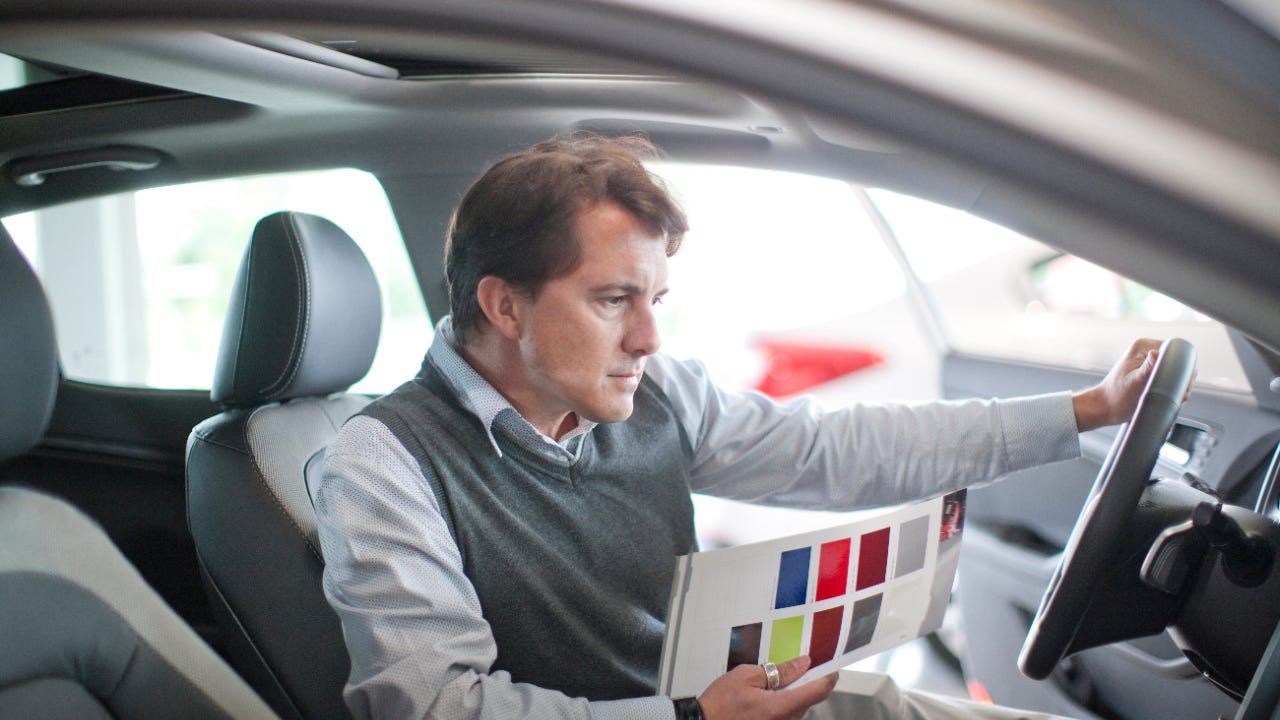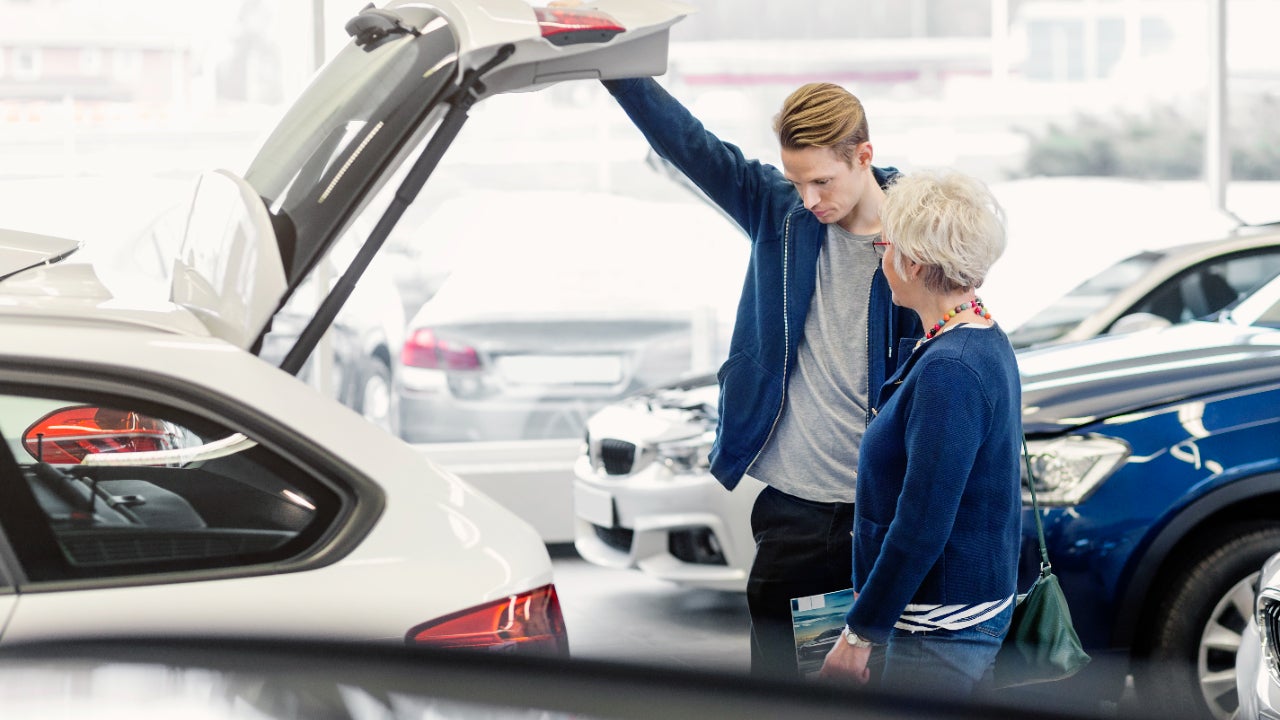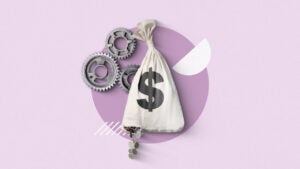What you should know about unsecured auto loans




Key takeaways
- Unsecured auto loans are personal loans with no collateral, which you can use to buy a vehicle.
- You’ll generally need good or excellent credit to qualify for an unsecured auto loan.
- Unsecured loans pose an elevated risk to the lender and often come with higher interest rates and shorter loan terms.
- If you default on the loan, the lender could report the delinquency and take legal action.
Traditionally, loans for big-ticket items — like homes and cars — use the item being purchased as collateral. If the consumer stops making payments, the lender can seize that collateral to cover the unpaid debt.
An unsecured auto loan — or a personal loan to buy a car — requires no collateral. Instead, if the borrower can’t pay, creditors can report the default to the credit bureaus and go to court to force collection, since there is nothing to repossess.
How unsecured car loans work
An unsecured car loan is a personal loan used to purchase a new or used car. Since the loan is unsecured, the lender cannot repossess your vehicle if you stop paying. Instead, the lender can report the default to the credit bureaus and sue you.
On the downside, the interest rates for an unsecured auto loan are typically higher than traditional auto loan rates. Eligibility requirements are also more stringent because of the additional risk the lender takes on.
Unsecured car loans vs. secured car loans
Qualifying for an unsecured loan generally requires:
- A solid credit score
- A borrowing history that shows a track record of consistent, on-time payments
- A reliable source of income
Secured car loans require providing collateral to obtain approval. The lender keeps the car title until the loan is paid in full.
Banks generally offer better interest rates and more flexibility on qualification for secured loans because the car acts as collateral, says James Kendrick, First Vice President of Accounting and Capital Policy for the Independent Community Bankers of America. The bank can more easily recoup its funds if the borrower defaults.
“It allows more buying power,” he says.
Benefits of unsecured car loans
Unsecured auto loans are quite attractive as they offer buyers simplicity and flexibility during the car-buying process.
“One of the easiest ways to make that simple for people with excellent credit was for someone not to have to do title and extra paperwork, so they can be a cash buyer,” says Kristin Shuff, Divisional Chief Marketing Officer for LightStream, an online lender offering personal loans.
She says buyers can get the money before deciding which car they want. If they change their minds at the eleventh hour and decide on a different car or dealer, they don’t need the lender to cut another check.
“It really gives the client flexibility,” Shuff says. “If a consumer could get a better rate, less paperwork and more flexibility, that’s a win-win for them.”
Downsides of unsecured car loans
Though these loans offer convenience and less fear of repossession, they do have downsides compared to the traditional secured auto loan.
- These loans often come with higher interest rates since they are riskier for the lender.
- You may only qualify for a shorter loan term, which could make the monthly loan payments unaffordable.
- The lender could sue you to recoup the unpaid balance if you fall behind on loan payments.
Where to get larger unsecured car loans
Many lenders offer five-figure unsecured loans to consumers who qualify. Typically, unsecured loans of this size should be reserved for cars you can’t finance with a secured auto loan, including collectibles and antiques. Check with a bank or credit union you currently do business with before moving on to compare other lenders.
Some other lenders to consider include:
Credit score requirements vary with the borrower, their circumstances and the loan, but applicants should have credit scores above 680, Shuff says. “The score is not as important to us,” she says. “We look at income and assets.”
How to apply for an unsecured car loan
Obtaining an unsecured car loan is similar to applying for a personal loan. Here are some steps you can generally expect when applying:
- Search online for lenders and visit their websites to learn about the application process. Check your current bank and local credit unions to learn whether they offer unsecured loans.
- Once you find a lender whose terms and interest rates work for you, submit your application and the required documentation. Documentation generally includes information about your employment history, income, residence, debts and savings.
- The lenders will pull your credit score as part of the application process.
- When you’re approved, you’ll sign the loan paperwork and then the lender will usually send you the complete proceeds of the loan.
- You can now go to the car dealership or private vehicle seller as a cash buyer using your unsecured car loan funds.
Bottom line
Using an unsecured personal loan can provide buyers who have excellent credit with flexibility during the car buying process. If you change your mind about which car you want to buy, you won’t need to revise your application with the lender.
If you’re considering an unsecured loan, research first to learn more about the interest rates and terms associated with this form of financing to ensure it is the best fit for your next auto purchase.
Why we ask for feedback Your feedback helps us improve our content and services. It takes less than a minute to complete.
Your responses are anonymous and will only be used for improving our website.




